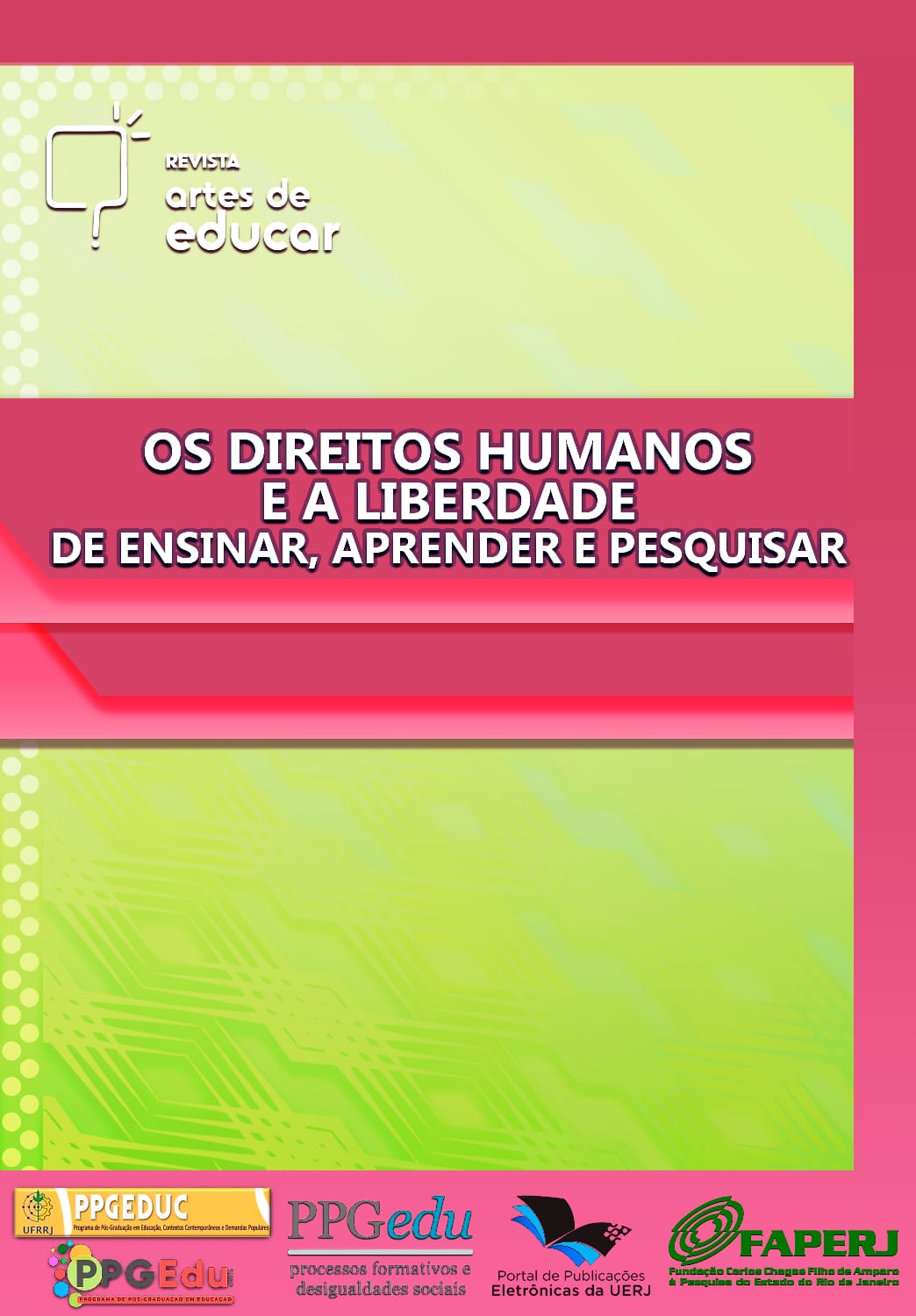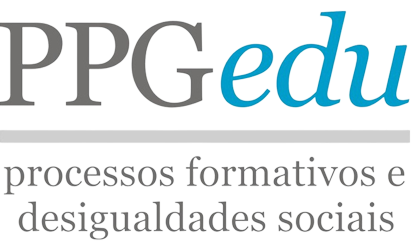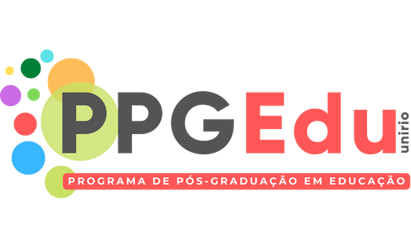NEOCONSERVATIVE CURRICULAR POLICIES AND THE MANUFACTURE OF MORAL PANIC: THE IMPOSSIBILITY OF POSSIBLE DIFFERENCE
DOI:
https://doi.org/10.12957/riae.2024.81527Keywords:
curriculum policies, neoconservatism, neoliberalism, moral panic, differenceAbstract
The field of educational policies has ignited disputes between demands from neoconservative sectors allied with neoliberals and other social segments that oppose majority interests. The purpose of this essay is to intensify the debate on curriculum policies produced in this scenario, problematizing moral panic as the manufacture of a certain normality based on traditional values of the nation, family, and Christian religion. The discussion follows a theoretical-epistemological and ontological plural perspective, aiming not only at describing the problem at hand but, above all, at analyzing the construction and deconstruction of the genealogy that constitutes moral panic as a regime of truth. It is a political plan imbued with the power-knowledge that establishes alterity as a danger and sets in motion government technologies and normative devices for teaching conduct, curricula, and the production of scientific knowledge. Thus, moral panic serves to justify and maintain the political and social order forged through the alliance of neoconservatives and neoliberals. It is a "manufactured reality" that ends up fostering distrust, rivalries, and persecutions of corporeal or incorporeal manifestations identified as dissonant and abnormal. However, this plan becomes its own impossibility when considering that the difference it provokes is a fabrication forged for the exclusion of the diverse. Even with the imposition of normative surveillance and moral control devices, differences occur as possibilities, both within and outside schools, universities, and even in curricula.
Published
How to Cite
Issue
Section
License
Copyright (c) 2024 Dulce Mari da Silva Voss, Eliada Mayara Alves Krakhecke

This work is licensed under a Creative Commons Attribution-NonCommercial 4.0 International License.
Authors retain copyright to their work, are permitted to publish and distribute their work online (e.g., in institutional repositories or on their personal page) at any point before or during the editorial process, as this may generate productive changes, as well as increasing the impact and citation of published work.
The acceptance of the text implies the authorization and exclusivity of the Revista Interinstitucional Artes de Educar regarding the right of first publication, the published works are simultaneously licensed with a Creative Commons Attribution-Non Commercial 4.0 International License 























